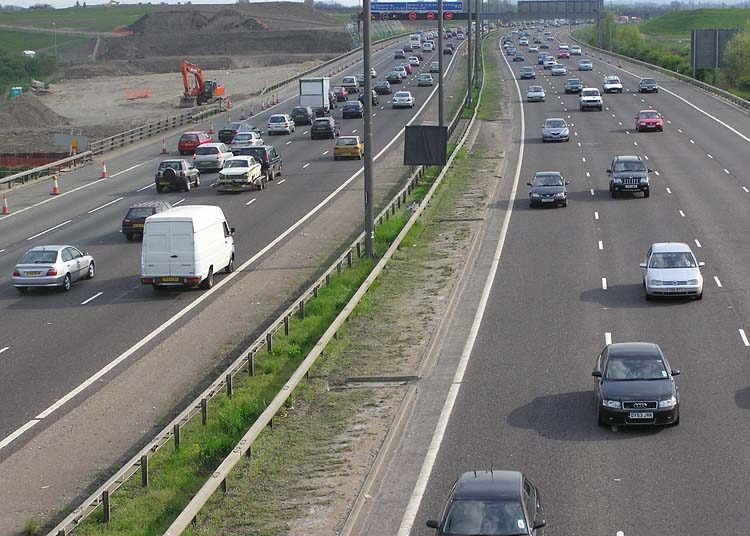By Ashley Young-
New drivers in the Uk face a night time ban under plans being seriously considered by British ministers. The Department Of Transport announced plans for a graduated licence system to restrict novice drivers.The move comes as figures suggest one in five drivers are involved in a crash within a year of passing their test. However, the AA warned “excessive” safety measures could become an “unnecessary burden” for motorists.
The Department of Transport added that the system could feature restrictions such as a minimum learning period, as well as restrictions that prevent new drivers from driving with passengers under a certain age. The restrictions could apply to new drivers of any age, making this a frustrating development from those who feel confident they can handle the roads safely as new drivers.
The system is already common overseas, would require young motorists to be subjected to an overnight curfew or required to drive under supervision during hours of darkness. Graduated licensing schemes exist in several parts of the world, including New York and California in the US, Ontario and British Columbia in Canada, New South Wales and Victoria in Australia, and across Sweden
The DfT has not yet not yet specified the duration of the measures in place after someone had passed their driving test. Road safety minister Michael Ellis said getting a driving licence could be both “exciting” and “daunting” for young people.
He said graduated driver licensing could “help new drivers to stay safe and reduce the number of people killed or injured on our roads”.
The DfT is giving serious consideration to how the system could work as part of its Road Safety Action Plan, which will be published on Friday. Under current rules in England, new drivers will have their licences revoked if they accumulate six penalty points within the first two years of passing the test.Mr Harris said a more “robust” licensing process could help to keep these drivers safe.
While the Royal Society for the Prevention of Accidents (RoSPA), also welcomed the trial, the AA warned any such scheme should be “properly researched and piloted” to avoid creating an “unnecessary burden”. AA president Edmund King added: “For many people, excessive post-test restrictions could negate the purpose of them having a driving licence in the first place – such as driving to work on early or late shifts when public transport is not convenient.”
New drivers or those undergoing lessons for their drivers lessons will be very disappointed at the plans, but ministers believe it is in the best interest of the government to pursue such a policy to give roads in England much safer.

